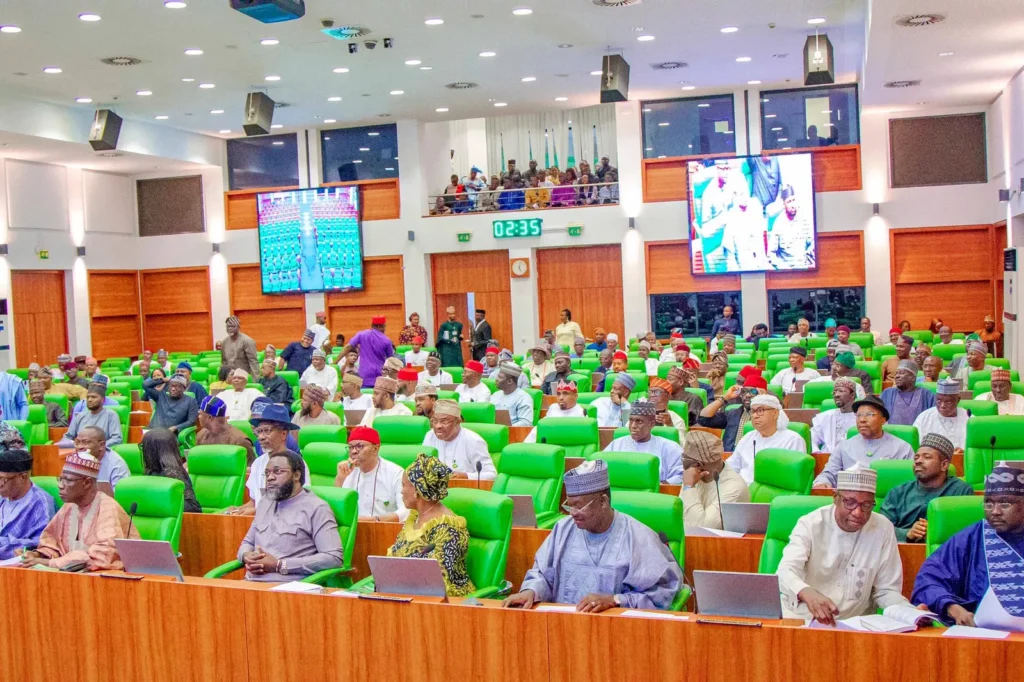
House of Reps Rejects Rotational Presidency and INEC Reform Bills During Constitutional Review
Abuja, Nigeria – May 2025
The House of Representatives has voted down multiple constitutional amendment bills, including a contentious proposal to rotate the presidency and vice presidency among Nigeria’s six geopolitical zones, and another to strip the Independent National Electoral Commission (INEC) of its authority to register and regulate political parties.
The bills were debated on Tuesday during plenary, with Deputy Speaker Benjamin Kalu presiding and conducting a voice vote. Both proposals, despite being co-sponsored by Speaker Abbas Tajudeen and lawmaker Francis Waive, failed to gain majority support.
Rotational Presidency Bill Fails
The rotational presidency bill, spearheaded by Deputy Speaker Kalu, aimed to institutionalize a power-sharing model by rotating leadership positions among the North Central, North East, North West, South East, South South, and South West zones.
Opponents of the bill argued that the concept of rotation should not be enshrined in the constitution. Deputy Minority Leader Aliyu Madaki stated that the Federal Character principle already addresses concerns of equitable representation.
“Rotation should be left to political parties. Including it in the constitution could lead to further agitations among states and ethnic groups,” Madaki cautioned.
Shina Oyedeji (PDP, Oyo) also warned that zoning may intensify regional rivalries:
“If it comes to the South-West, will Ogun or Oyo take the slot? This could cause fresh disputes.”
Sada Soli (APC, Katsina) questioned whether the rotational system would compromise the quality of leadership.
INEC Reform Bill Also Rejected
Another rejected bill sought to transfer INEC’s power to register political parties to a new Office of the Registrar-General of Political Parties. Lawmakers raised concerns about undermining the independence and neutrality of INEC.
Other Rejected Bills Include:
- HB. 2288: Proposal to establish independent Offices of State Auditors-General for Local Governments and FCT Area Councils.
- Judiciary Bills: Including expanding Federal High Court jurisdiction to cover admiralty and inland waterways, increasing the number of federal judges, and empowering the NJC to set judicial salaries.
- Local Government Bill: A proposal to create Ughelli East Local Government Area in Delta State.
Despite some support for these bills, most were voted down during a collective voice vote.
Following the outcome, the Chairman of the House Committee on Rules and Business urged the Speaker to reconsider the group rejection and suggested individual votes on each bill. However, Deputy Minority Leader Ali Jesse raised a procedural objection, citing House rules requiring a formal motion for reversal.
Speaker Abbas Tajudeen agreed and directed that a motion for rescission be added to the next legislative day’s order paper.



